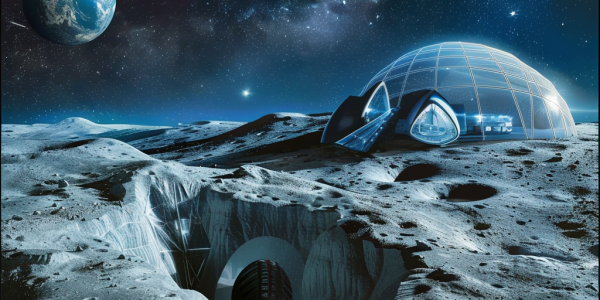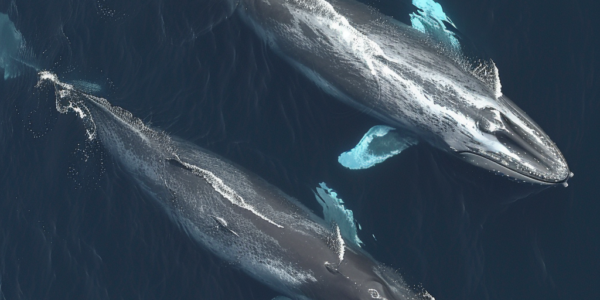Scientists Propose Lunar Biorepository to Preserve Earth’s Biodiversity
Scientists propose a revolutionary lunar biorepository to preserve Earth’s biodiversity amidst climate change and habitat loss. This innovative facility aims to store critical biological samples, including DNA from endangered species, in the moon’s frigid environment, ensuring their survival against extinction. As climate threats escalate, this groundbreaking concept could redefine conservation strategies and safeguard genetic diversity for future generations.
New Insights into Moa Extinctions and the Importance of Habitat Preservation
Recent research published in Nature Ecology & Evolution reveals the ecological dynamics behind the extinction of moa, large flightless birds from New Zealand. The study explores the interactions between climate change and human activities, highlighting the importance of habitat preservation for current biodiversity. Understanding these extinction patterns is crucial for informing conservation strategies aimed at protecting New Zealand’s unique wildlife.
Interspecies Mating Between Blue and Fin Whales More Common Than Previously Thought
New research has revealed that North Atlantic blue whales have around 3.5 percent of their DNA from fin whales, suggesting that interspecies mating between these two whale species may be more common than previously thought. The study has also shown that the offspring of blue and fin whales appear to be fertile, challenging conventional understanding of hybrid animal fertility. This groundbreaking discovery provides valuable insights into the genetic dynamics of whale populations and raises intriguing questions about the potential impact of interspecies breeding on the evolutionary trajectory of these magnificent marine creatures.



